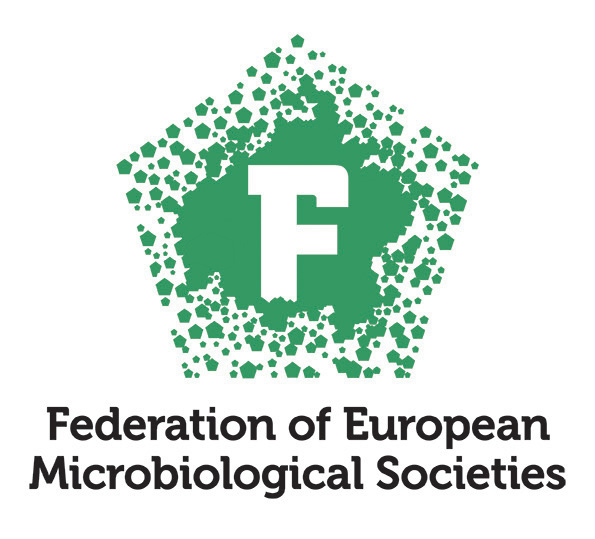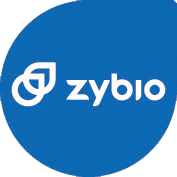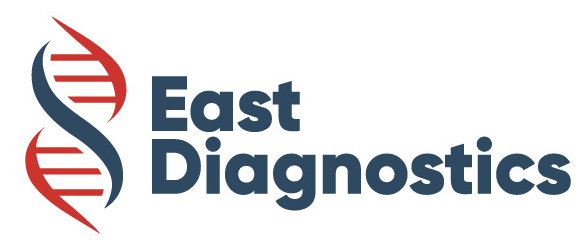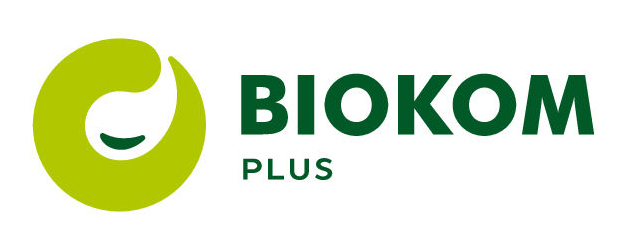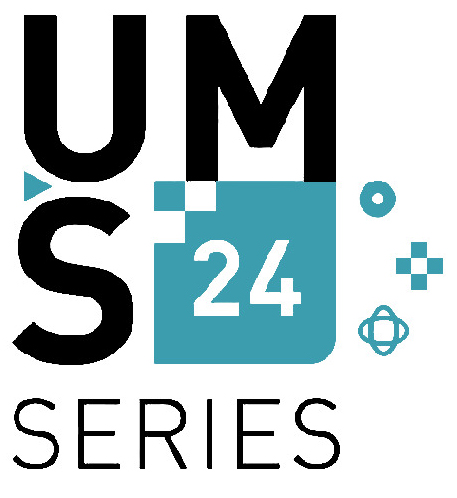
Serbian Society for Microbiology
XIII CONGRESS OF MICROBIOLOGISTS OF SERBIA - MIKROMED REGIO 5
“From Biotechnology to Human and Planetary Health”
MONA PLAZA HOTEL, Belgrade, Serbia - 4th-6th of April, 2024
MESSAGE FROM THE ORGANIZING COMMITEE
Gallery Book of abstracts Certificates Videos
On behalf of the scientific and organizational committees of the
Congress, we would like to cordially invite you to participate.
The aim of this event is to present the latest developments in microbiology that contribute to a better understanding of the role of microorganisms in nature and to bring together microbiologists from Serbia and the region with the best professionals from all over Europe, including microbiologists of various disciplines, bioinformaticians, geneticists, molecular biologists, biochemists, epidemiologists, pediatricians, infectious disease physicians and all other scientists with common interests.
This regional meeting will address all current microbiological problems and offer solutions to overcome them by world-class experts in the field. The resistance of microorganisms to antimicrobial drugs is causing major problems in veterinary and human medicine, necessitating the improvement of vaccines and the discovery of new drugs, but also alternative treatment models. Growing antimicrobial resistance, especially biofilm- related, requires alternative measures to biocontrol the spread of the microorganisms in various environments. These sessions will discuss the possible alternatives to the common antimicrobials, varying from bacteriophage applications, new natural compounds biotechnology or nanotechnology, as well as biological control, for the inactivation of the pathogenic and/or resistant phenotypes of the microorganisms.
In addition, food manufacturers and retailers have been trying for decades to reduce the material damage and risks to human health posed by biofilms in food processing facilities. The environment is already too polluted by many human missteps, so any help from microorganisms to remove or process waste materials can be a big help. We are getting better and better at using microorganisms in technological processes, firstly in the medical field, but also in agriculture, industry and the energy sectors.
Our knowledge of how microbial diversity is distributed in natural environments and how microbes influence ecosystems is constantly evolving as public databases are established and new techniques based on massive sequencing are developed. The microbiomes found in anthropogenic environments and on human-made materials are generally much less complex than those found in natural environments. Despite this simplicity, it is very difficult to link cause and effect when it comes to determining the role of individual microorganisms. Improved genome engineering tools in model organisms allow for a comprehensive remodeling of metabolic and regulatory networks.
At the same time, a growing number of non-model organisms can be modified with different traits so that they can be further used in different applications and environments. This expanded range of engineering capabilities and modified species brings their application in the real world closer and has the potential to make a real contribution to sustainability and addressing global health challenges.
Microorganisms are the key drivers of ecosystem functions, and microbial diversity plays a central role in maintaining the stability and sustainability of ecosystems. These sessions will examine some of the principles that shape and maintain this biodiversity and explore the factors that shape microbiomes and contribute to the success of specific members of communities in different habitats. Presentations will focus on omics techniques such as metagenomics, metatranscriptomics, proteomics and metabolomics, which are used to better understand why the health of humans, animals and plants depends on microbial interactions. In this way, the complex microbiomes and the interactions between the microbiota and a variety of host organisms from different domains of life will be explored.
The Congress is in the process of accreditation by the Health Council of the Republic of Serbia.
The aim of this event is to present the latest developments in microbiology that contribute to a better understanding of the role of microorganisms in nature and to bring together microbiologists from Serbia and the region with the best professionals from all over Europe, including microbiologists of various disciplines, bioinformaticians, geneticists, molecular biologists, biochemists, epidemiologists, pediatricians, infectious disease physicians and all other scientists with common interests.
This regional meeting will address all current microbiological problems and offer solutions to overcome them by world-class experts in the field. The resistance of microorganisms to antimicrobial drugs is causing major problems in veterinary and human medicine, necessitating the improvement of vaccines and the discovery of new drugs, but also alternative treatment models. Growing antimicrobial resistance, especially biofilm- related, requires alternative measures to biocontrol the spread of the microorganisms in various environments. These sessions will discuss the possible alternatives to the common antimicrobials, varying from bacteriophage applications, new natural compounds biotechnology or nanotechnology, as well as biological control, for the inactivation of the pathogenic and/or resistant phenotypes of the microorganisms.
In addition, food manufacturers and retailers have been trying for decades to reduce the material damage and risks to human health posed by biofilms in food processing facilities. The environment is already too polluted by many human missteps, so any help from microorganisms to remove or process waste materials can be a big help. We are getting better and better at using microorganisms in technological processes, firstly in the medical field, but also in agriculture, industry and the energy sectors.
Our knowledge of how microbial diversity is distributed in natural environments and how microbes influence ecosystems is constantly evolving as public databases are established and new techniques based on massive sequencing are developed. The microbiomes found in anthropogenic environments and on human-made materials are generally much less complex than those found in natural environments. Despite this simplicity, it is very difficult to link cause and effect when it comes to determining the role of individual microorganisms. Improved genome engineering tools in model organisms allow for a comprehensive remodeling of metabolic and regulatory networks.
At the same time, a growing number of non-model organisms can be modified with different traits so that they can be further used in different applications and environments. This expanded range of engineering capabilities and modified species brings their application in the real world closer and has the potential to make a real contribution to sustainability and addressing global health challenges.
Microorganisms are the key drivers of ecosystem functions, and microbial diversity plays a central role in maintaining the stability and sustainability of ecosystems. These sessions will examine some of the principles that shape and maintain this biodiversity and explore the factors that shape microbiomes and contribute to the success of specific members of communities in different habitats. Presentations will focus on omics techniques such as metagenomics, metatranscriptomics, proteomics and metabolomics, which are used to better understand why the health of humans, animals and plants depends on microbial interactions. In this way, the complex microbiomes and the interactions between the microbiota and a variety of host organisms from different domains of life will be explored.
The Congress is in the process of accreditation by the Health Council of the Republic of Serbia.
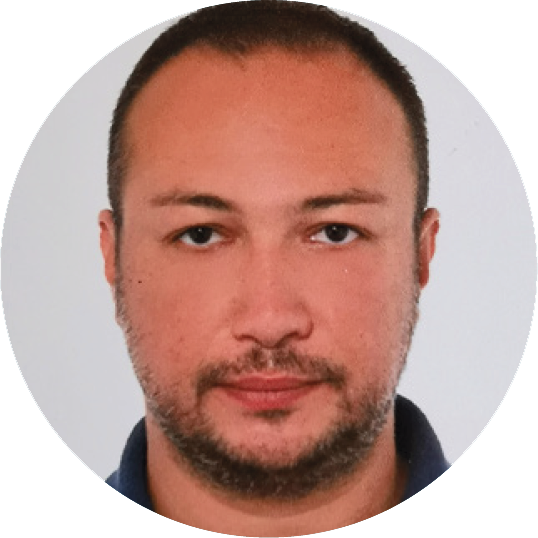
IVICA DIMKIĆ
University of Belgrade -
Faculty of Biology, Serbia
Scientific Committee Chairperson

DUŠAN KEKIĆ
University of Belgrade -
Faculty of Medicine, Serbia
Organizing Committee Chairperson

LAZAR RANIN
President of the
Serbian Society for Microbiology
Scientific & Organizing Committee
Co-Chairperson
Deadlines:
Abstract acceptance announcement: February 20, 2024 (For abstracts sent to February 11, 2024)
Late abstract submission till: February 29, 2024
Early Bird Registration and payment until:
March 11, 2024
CONGRESS SECRETARIAT
PCO Partner – Management Coordinator
ARIA.ONE Conference & Consulting d.o.o.
Dr Petra Markovića street no 12,
11080 Zemun-Belgrade
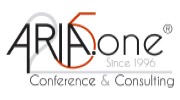
PCO Partner – Management Coordinator
ARIA.ONE Conference & Consulting d.o.o.
Dr Petra Markovića street no 12,
11080 Zemun-Belgrade

Phone:
+381 11 3160 625,
+381 11 2196 530,
+381 11 3731 536
Mobile:
+381 60 3160 546,
+381 60 3160 536,
+381 60 3160 526
+381 11 3160 625,
+381 11 2196 530,
+381 11 3731 536
Mobile:
+381 60 3160 546,
+381 60 3160 536,
+381 60 3160 526
E-mail:
simpozijumi@micromedregio.com
simpozijumi@micromedregio.com

